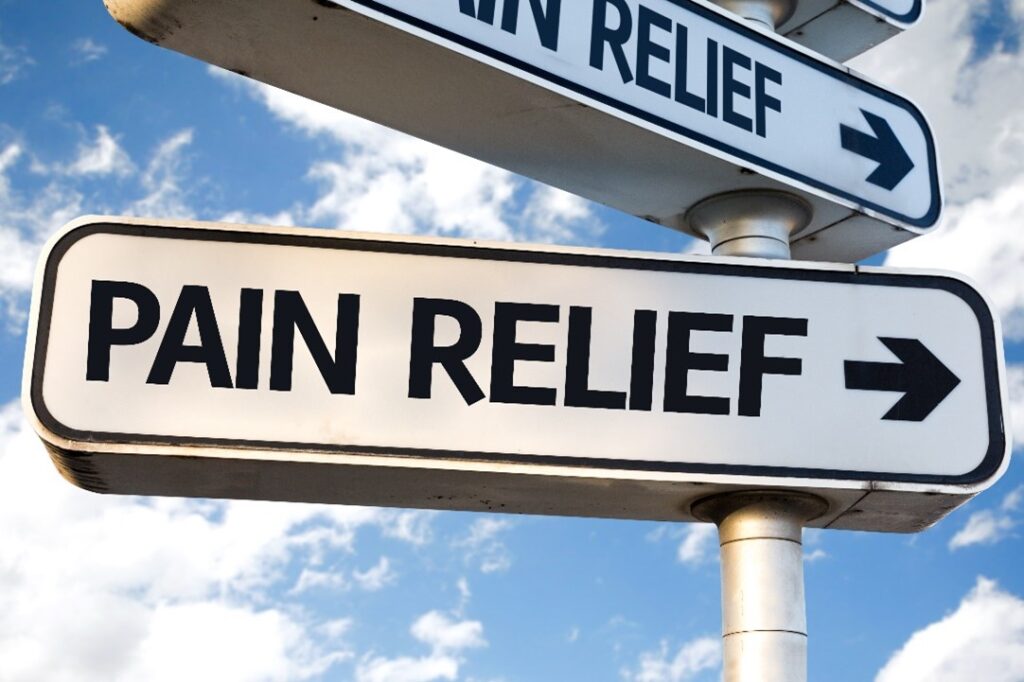
Pain is a common challenge faced by many cancer survivors during their journey towards recovery. Whether stemming from the cancer itself, treatment side effects, or other factors, managing pain effectively is crucial for enhancing quality of life and facilitating rehabilitation. In this blog, John R. Callen will explore various pain management strategies tailored specifically for cancer survivors undergoing rehabilitation, empowering them to overcome pain barriers and reclaim their lives.
Understanding Pain in Cancer Rehabilitation:
Pain in cancer rehabilitation can be multifaceted, ranging from acute to chronic, and may manifest in different forms such as physical discomfort, neuropathic sensations, or emotional distress. Healthcare professionals and survivors alike need to recognize and address the complex nature of pain to develop effective management strategies.
- Multimodal Pain Management Approaches: Multimodal pain management involves combining various techniques to target pain from different angles, maximizing effectiveness while minimizing side effects. These approaches may include:
• Medications: Pharmacological interventions such as nonsteroidal anti-inflammatory drugs (NSAIDs), opioids, adjuvant analgesics, and nerve pain medications can help alleviate pain. However, careful monitoring and adjustment of medication regimens are essential to prevent dependency and manage potential side effects.
• Physical Therapy: Therapeutic exercises, manual therapy, and modalities like heat, cold, or electrical stimulation can improve mobility, reduce stiffness, and relieve muscle tension, contributing to pain relief and functional restoration.
• Mind-Body Techniques: Mindfulness meditation, relaxation exercises, guided imagery, and breathing techniques can help survivors manage pain perception, reduce stress, and promote overall well-being.
• Integrative Therapies: Complementary approaches such as acupuncture, massage therapy, yoga, and aromatherapy may complement conventional treatments, providing additional pain relief and enhancing relaxation. - Individualized Pain Management Plans: Cancer rehabilitation should prioritize personalized care, considering each survivor’s unique pain profile, treatment history, preferences, and goals. Healthcare providers collaborate with survivors to develop tailored pain management plans that address their specific needs and preferences, fostering a sense of empowerment and control over their pain management journey.
- Education and Empowerment: Empowering survivors with knowledge about their pain condition, treatment options, and self-management techniques is paramount. Educational resources, support groups, and counseling sessions can equip survivors with the tools and confidence to actively participate in their pain management and rehabilitation process, enhancing their resilience and coping skills.
- Holistic Support and Palliative Care: In cases of advanced or terminal cancer, palliative care specialists play a crucial role in managing pain and improving quality of life. Holistic approaches that encompass physical, emotional, social, and spiritual aspects of care can provide comprehensive support to survivors and their families, ensuring comfort and dignity throughout the end-of-life journey.
Effective pain management is a cornerstone of cancer rehabilitation, enabling survivors to overcome pain barriers and pursue meaningful recovery and rehabilitation goals. By embracing multimodal approaches, individualized care plans, education, and holistic support, survivors can navigate their pain journey with resilience, hope, and dignity, reclaiming their lives beyond cancer. Together, let’s empower survivors to thrive, not just survive, in their journey towards healing and wholeness.



